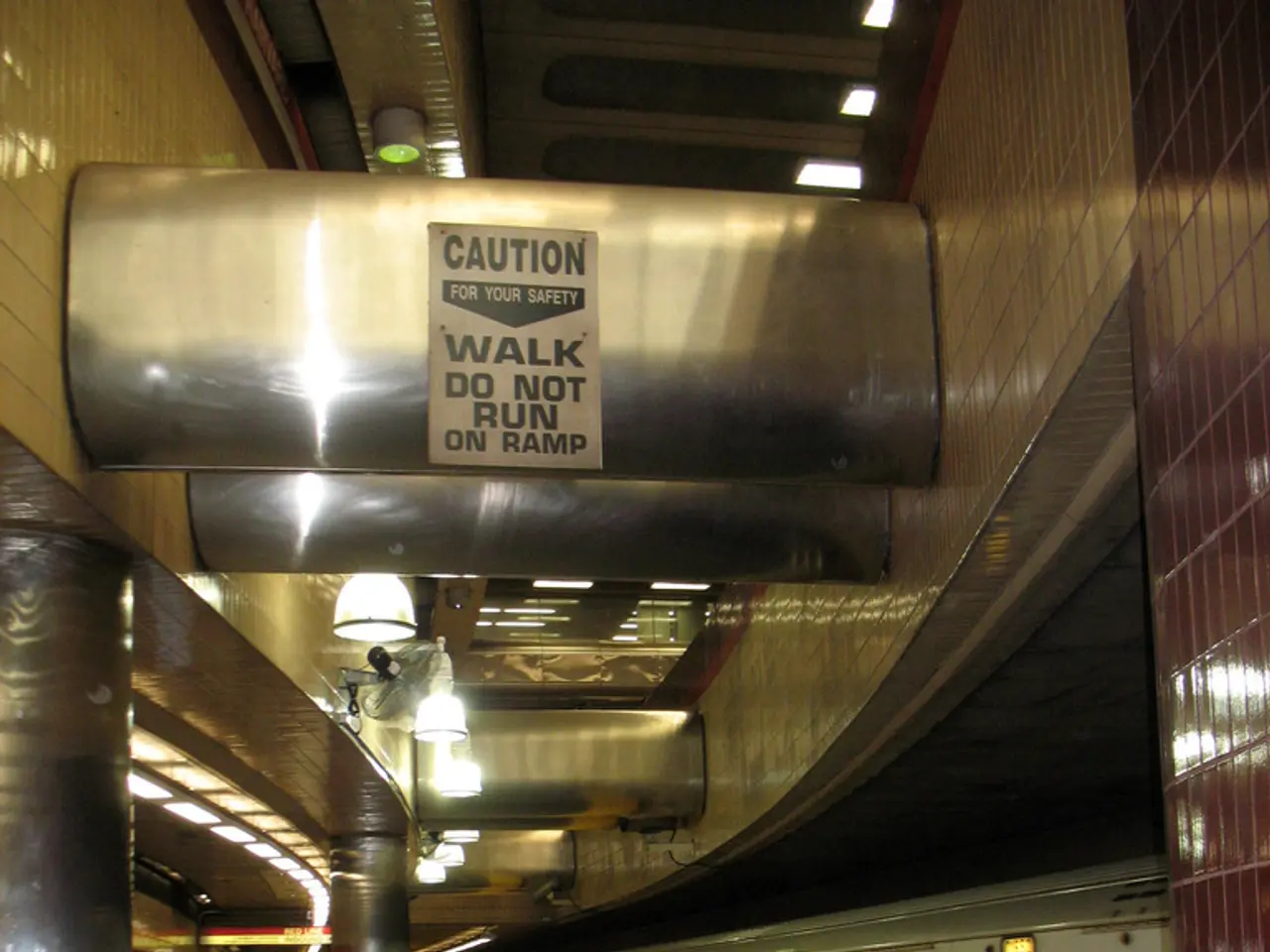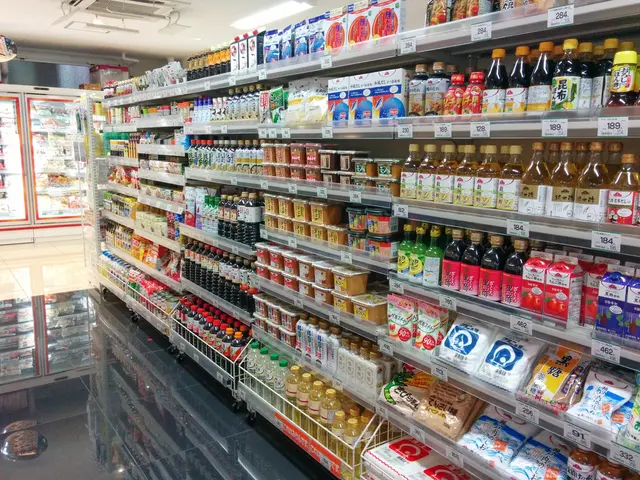Frequent train delays in Turin-Milan route: single train only appearing every three hours at the station
In a bid to address the persistent delays and disruptions on the Turin-Milan train line, regional authorities and rail operators are implementing a comprehensive plan. The Piedmont region, in particular, is focusing on extensive engineering and infrastructure works managed by the Railway Infrastructure Manager (RFI). These works include scheduled closures, partial cancellations, and replacements by bus services to allow for crucial track and bridge reconstructions aimed at upgrading the railway capacity and safety [1][5].
Regional Councillor for the PD, Simona Paonessa, has voiced her concerns about the soaring temperatures in some carriages reaching 40 degrees. She has also signed an interpellation to assessor Marco Gabusi, asking for urgent actions to end the disruptions on the Turin-Milan line [2].
The disruptions on the Turin-Milan line have been affecting commuters significantly. In July, one in three trains arrived late, and 102 trains out of 1,252 experienced delays of more than 15 minutes. The overall punctuality rate in July was around 66 percent, a decrease from the 59 percent recorded in May [1][5].
To mitigate total disruption during these periods, rail operators such as Trenord and Italo have implemented rescheduling and partial cancellations of services, with some stretches of the route substituted with bus services to maintain passenger connections, albeit with longer travel times [1][5]. This is part of a coordinated effort to improve infrastructure reliability on key lines, including Milan-Turan.
Future planned strikes by rail staff in early September 2025 could further impact punctuality and service availability. To manage this, regional authorities and train operators are providing updated travel information and alternative arrangements [2].
In summary, the urgent actions being taken to address the delays on the Turin-Milan line involve major infrastructure works and track upgrades managed by RFI with planned closures and phased construction periods through mid to late 2025. There are also service rescheduling and partial cancellations with substitution bus services on affected segments, communication and travel updates to passengers, including compensation policies for delays [1][5][2].
These measures reflect a comprehensive, if disruptive, attempt to restore and enhance the reliability and punctuality of this important rail corridor [1][5][2]. However, it is important to note that these efforts may continue to cause inconvenience to commuters in the short term.
References:
[1] La Repubblica (2022). Il Turin-Milano in fermento: le misure per risolvere i ritardi. Retrieved from https://www.repubblica.it/cronaca/2022/07/20/news/treno_milano_torino_ritardi_266924046/
[2] ANSA (2022). Turin-Milan train line: Paonessa asks for urgent actions to end disruptions. Retrieved from https://www.ansa.it/torino/notizie/2022/07/20/treno-milano-torino-paonessa-chieste-urgenti-azione-per-spegnere-i-stop-2_6c80f7c7-873f-4a2e-a058-93f74f3290e3.html
[3] Il Fatto Quotidiano (2022). Turin-Milan train line: the systemic problems that penalize travelers. Retrieved from https://www.ilfattoquotidiano.it/2022/07/20/treno-milano-torino-i-sistemici-problemi-che-penalizzano-i-viaggiatori/5666546/
[4] La Stampa (2022). Turin-Milan train line: the problems reported by committees and commuters' associations. Retrieved from https://www.lastampa.it/torino/cronaca/2022/07/20/news/treno-milano-torino-i-problemi-denunciati-dai-comitati-e-dalle-associazioni-dei-comutatori-1.38871526
[5] Corriere della Sera (2022). Turin-Milan train line: the works to improve infrastructure. Retrieved from https://www.corriere.it/milano/cronaca/26_maggio_22/treno-milano-torino-opere-per-migliorare-l-infrastruttura-1e7587c1-245c-11ed-8235-530a6349457b.shtml
- To better manage the short-term inconvenience caused by the infrastructure works on the Turin-Milan line, financial assistance may be needed from the public transit industry to cover compensation for delayed passengers and to improve overall service quality.
- The Transportation sector, focusing on the ongoing upgrades of the Turin-Milan line, could potentially explore partnerships with the finance industry to secure funding for long-term infrastructure investments that enhance railway capacity and safety, ensuring a more robust and efficient public-transit system.





